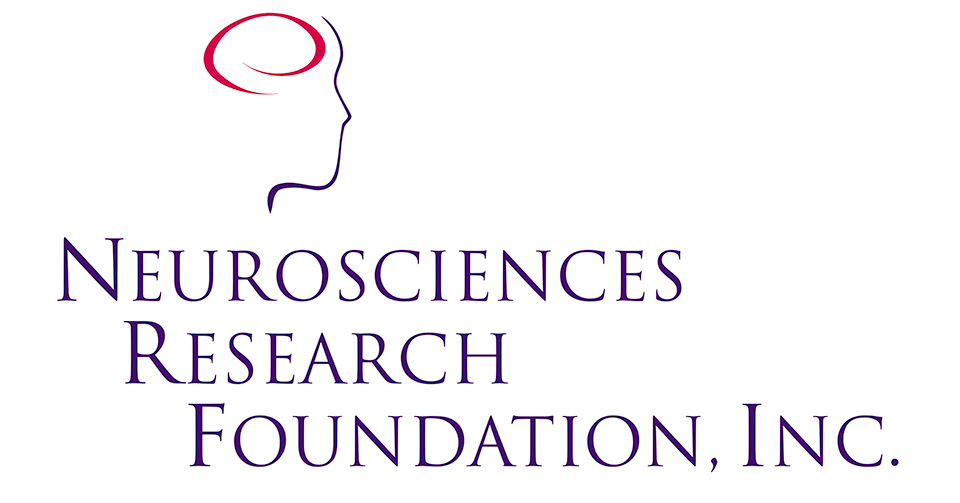
Neurosciences Research Foundation, Incorporated ("NRF") is a non-profit organization, exempt from tax under Internal Revenue Code Section 501(c)(3). As a public charity, contributions to NRF are tax-deductible to the full extent allowed by law.
Over the past seven decades, NRF's scientific activities have been carried out under a succession of operating names. NRF was formed in 1962 in association with the Neurosciences Research Program ("NRP") located at MIT, led by Francis O. Schmitt as Scientific Chairman until his retirement in 1981. Largely funded by government grants but with supplementary support from NRF, the NRP formed a group of some 36 Associates, together representing a broad interdisciplinary range but all interested in brain function. The Associates met as a group several times a year; Associates served for staggered multi-year terms. The NRP also sponsored a number of "work sessions," each of which summarized some aspect of brain physiology and on which issues of the Neurosciences Research Program Bulletin were based. The Bulletin was widely distributed in the scientific community. The NRP also produced four "Intensive Study Program" volumes, based on month-long conferences held from 1966 to 1977. These over 1,000-page volumes served as introductions to neuroscience during the period when the field was developing.
The Neurosciences Institute of the Neurosciences Research Program (later shortened to The Neurosciences Institute) was founded in 1981 following the election of Gerald M. Edelman as the successor Scientific Chairman of NRP. Originally located at The Rockefeller University in New York, the Institute moved to La Jolla, California, in 1993. There, in architecturally significant new quarters designed by Tod Williams and Billie Tsien, it expanded its theoretical research program and added an experimental research program, growing to some 45 employees after 1996. Following Dr. Edelman's death in 2014, the Institute began closing down its research operations, a process completed in 2018.
As the Institute's legal parent, NRF found support for its research program largely from non-governmental sources, although later support was found, by choice, from governmental entities other than the NIH. Scientists at the Institute covered a wide range of disciplines within the neurosciences and were encouraged to cooperate to approach fundamental problems that required such interdisciplinary interactions. The Institute also organized ways for scientists to interact through small conferences and sponsored various educational activities for the general public. For additional information about the Institute's history, activities, and accomplishments, refer to the other pages in this website.
In the next evolutionary phase of its scientific and educational programs, NRF has reorganized and will provide support for the newly formed Center for Advanced Neural Systems ("CANS") under the leadership of Dr. Andrew Schwartz, Distinguished Professor of Neurobiology at the University of Pittsburgh. CANS will, among other activities, have a program of small-group conferences involving scientists from various disciplines. The main focus will be facilitating development of advanced computational and experimental methods for understanding the brain as a complex, integrated system.